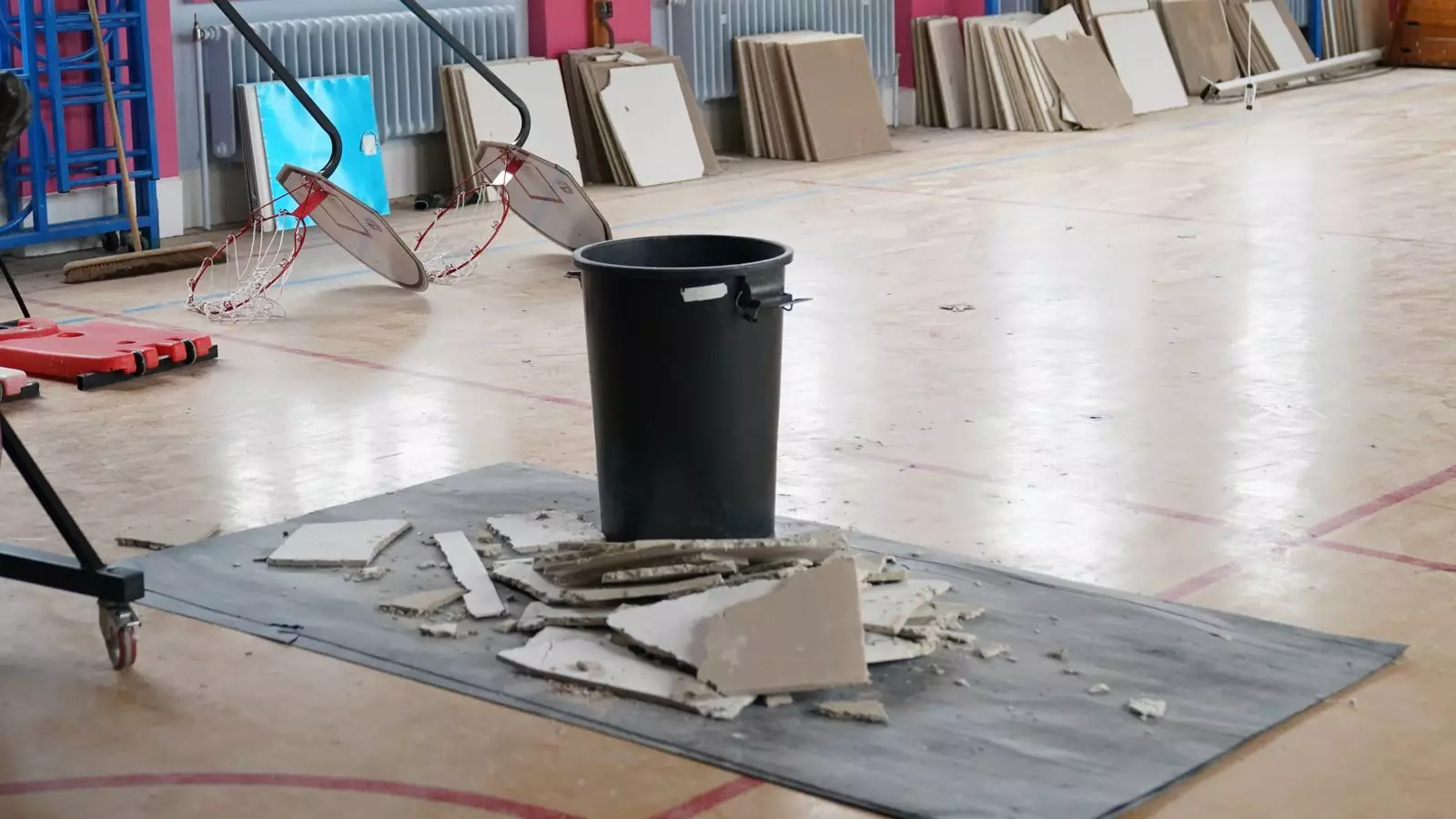The recent discovery of structural problems in schools and other public buildings has raised concerns about the safety of reinforced autoclaved aerated concrete (RAAC). This type of concrete has been widely used in the construction of public buildings, such as hospitals and court buildings. The Department for Education (DfE) has instructed over 100 schools and colleges to partially or fully shut down their buildings due to fears about the integrity of RAAC structures. As the government investigates the extent of the problem, the Chancellor of the Exchequer, Jeremy Hunt, has acknowledged that more schools and public buildings with structural issues may come to light in the coming weeks.
The government’s response to the RAAC crisis has been met with criticism from parents and opposition parties. Labour has accused the government of “staggering incompetence.” However, Mr. Hunt defended the government’s actions, stating that immediate action would be taken to address any identified risks. The government has already initiated a comprehensive survey of all schools in the country to identify problem areas. Mr. Hunt emphasized the government’s commitment to ensuring the safety of children and pledged to allocate necessary funds to address these structural problems.
The closure of schools and the relocation of students to alternative accommodation has raised concerns among parents. The government has advised affected schools to find space in nearby schools, community centers, or even empty local office buildings. While these arrangements are intended to be temporary until structural supports are installed, the impact on students’ education and well-being cannot be overlooked. Labour’s shadow education secretary, Bridget Phillipson, expressed her party’s concern over the situation, stating that the last 13 years of Conservative government have culminated in children sitting in classrooms with steel props holding up the ceiling.
Labour has been calling for the government to disclose the full extent of the RAAC crisis. They are demanding a vote to release the complete list of affected schools. Phillips believes that transparency is crucial to address the consequences of the RAAC problem adequately. The government has pledged to release the list in due course and plans to provide it to parents once all mitigations are in place.
In addition to the RAAC crisis, Jeremy Hunt also discussed the state of the British economy during his appearance on a politics show. He praised the economy’s recovery, highlighting that it was 0.6% larger than pre-pandemic levels by the fourth quarter of 2021. However, he stressed the government’s priority to bring down inflation, even if it meant not taking a different approach. Hunt emphasized the importance of reducing debt and making public services more efficient, rather than increasing borrowing. He criticized Labour’s plans to increase borrowing by £100bn, stating that it would be morally wrong to burden future generations with substantial debt.
As the investigation into the extent of the RAAC problem continues, the government must prioritize the safety of children and the integrity of public buildings. Immediate action should be taken to rectify any identified structural issues. Transparency is crucial in addressing the concerns of parents and ensuring accountability. Both the government and opposition parties must work together to find suitable solutions and prevent similar crises from occurring in the future. Additionally, the government should consider allocating sufficient funds to support the necessary repairs and renovations to ensure the long-term safety and stability of public buildings.
The discovery of structural problems in schools and public buildings constructed with RAAC has sparked concerns about the safety and stability of these structures. The government’s response to the crisis has faced criticism, but they have vowed to address identified risks promptly. The relocation of students and the impact on their education and well-being must be carefully managed. Transparency and accountability are essential in addressing the concerns of parents and ensuring that similar issues are prevented in the future. Moving forward, it is critical for the government to prioritize the safety of children and public buildings and invest in necessary repairs and renovations to guarantee long-term stability and security.


Leave a Reply